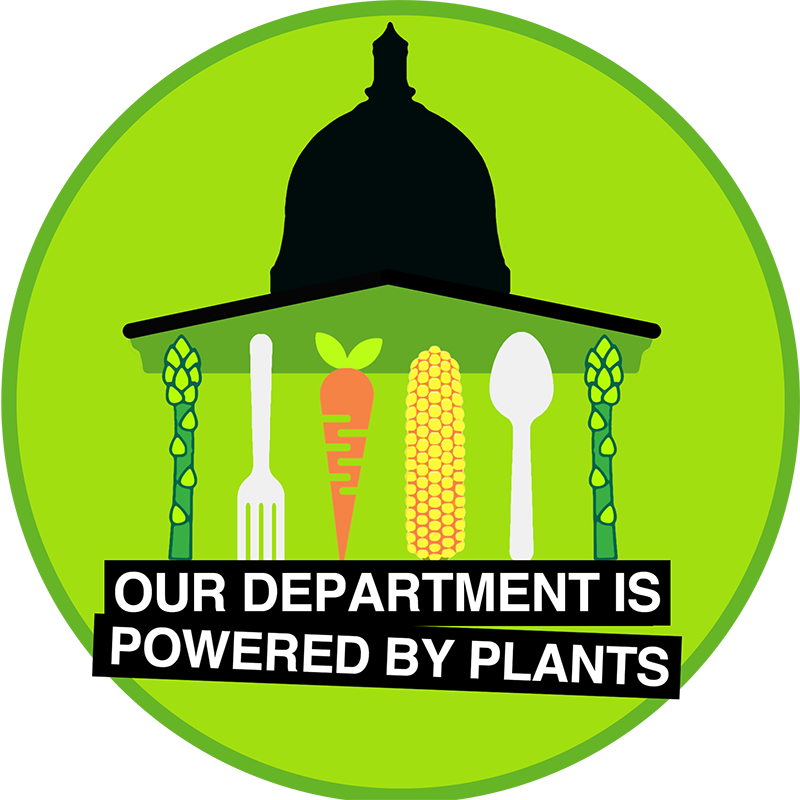The impact of our sustainable practices is shown in our world-leading research, our taught programmes and in the operation of our school.
We're part of a faculty committed to reducing further climate change, and a university aiming to inspire sustainability action on an international scale. We aim to educate the sustainability leaders of tomorrow, and run our school with sustainability at its core.
Operations
To promote environmental awareness and minimise our environmental impact at an institutional level, we have several Green Champions across BSEER leading a network of staff and students who work together to review practices, develop policies, promote best practice, and stage events and competitions.
From 2020 to 2022 our 'Green Champions' have been giving the Gold Award in the Sustainable UCL Green Impact scheme.
- We run on a sustainable business model balancing teaching and research, partnerships and international collaborations across our institutes.
- We’re making our events and meetings more sustainable with 100% vegetarian catering, no disposable cups or cutlery and sustainable printed materials.
- We’re reducing our carbon footprint with initiatives encouraging sustainable modes of travel, reducing unnecessary travel and contributing to carbon offsetting projects.
- We’re engaging staff in sustainable activities in conjunction with Sustainable UCL and UCL Workplace Wellbeing initiatives.
Heritage Science Laboratory
Our Heritage Science Lab holds a Gold Sustainable Labs Award recognising sustainable practices that allow research to be conducted in a resource efficient and sustainable way.
The new Laboratory Efficiency Assessment Framework (LEAF) template set up by Sustainable UCL allowed us to quantify our carbon savings and see a further reduction in the carbon footprint of our labs.
Research
Our research is helping to deliver the United Nations’ Sustainable Development Goals on cities, climate change, energy, food, heritage, industry, infrastructures, natural resources and water, as well as the UK Industrial Strategy.
- Sustainable research highlights
- We're contributing to The Lancet Countdown, an international research collaboration published annually from 2016 - 2030, dedicated to tracking the world's response to climate change and the health benefits that emerge from this transition.
- We're part of UCL's Circular Economy Lab, a cross-faculty, cross-discipline initiative sharing expertise to improve the design of buildings and products, their re-use and recycling, and the return of their constituent materials back to the economy.
- We developed the UK TIMES model, which underpins government plans to transition the UK to a low-carbon future.
- Our research is shaping the shipping industry's global transition to net-zero carbon emissions. We're part of The Plastic Waste Hub, a multidisciplinary team of researchers taking a design-led approach to the issue of plastic waste. We’ve helped demonstrate the link between planetary health and human health in our research on Health, Wellbeing & Sustainability.
- Our NOAH'S ARK Project created a culture change in how heritage professionals nationally and internationally approach adaptation to climate change for historic properties.
Teaching
We're training the future leaders in the field of sustainability, and in line with UCL's sustainability strategy (Change Possible: The Strategy for a Sustainable UCL 2019 - 2024) we've created programmes that give UCL students the opportunity to study and be involved in sustainability.
 Close
Close



